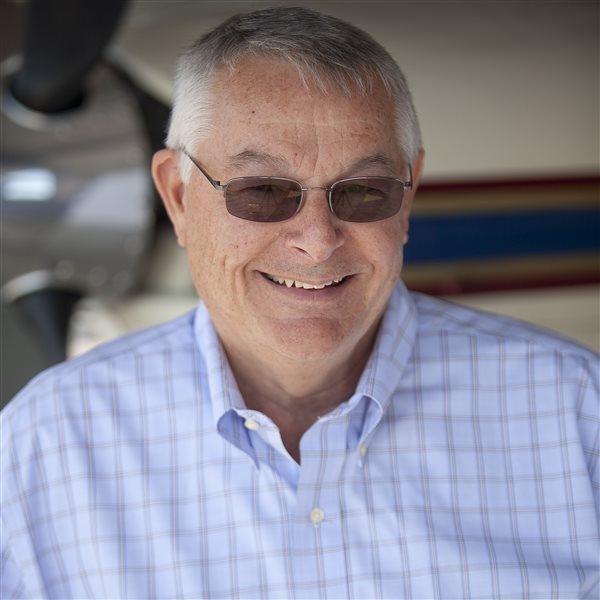Beechcraft lost the $427.46 million Air Force contract for the light air support ground attack aircraft, and like the previous time it lost, the company will protest the contract. The Wichita company will take its case for the AT-6 to the Government Accountability Office, saying it is $125 million less than the winning Embraer A-29 Super Tucano.
The aircraft is for the Afghan air force.
The U.S. Air Force award came Feb. 27. The Super Tucano is built in Brazil and was represented by Sierra Nevada Corp. If the challenge fails, the aircraft will continue to be built in Brazil and then shipped to Jacksonville, Fla., for assembly. Last year it was estimated that the assembly will require 50 workers.
The contract was initially awarded to Sierra Nevada in December 2011; the Air Force issued a stop-work order in February 2012 and terminated the contract in March 2012 during the Hawker Beechcraft Court of Federal Claims protest and after an internal Air Force investigation turned up documentation deficiencies in the source selection paperwork.
In a press release, Beechcraft estimated 1,400 jobs in Kansas and other states are in jeopardy as a result of the Air Force decision.
“Following our debrief with the Air Force earlier this week, we are very perplexed by this decision,” said Bill Boisture, CEO of Beechcraft. “Our belief that we have the best aircraft was confirmed by the Air Force rating our aircraft ‘exceptional’ and the fact that we are the lower cost solution was confirmed by the USAF’s public award announcement.”
“We simply don’t understand how the Air Force can justify spending over 40 percent more—over $125 million more—for what we consider to be less capable aircraft,” Boisture said. “Given our experience of last year and our continued strong concern that there are again significant errors in the process and evaluation in this competition, we are left with no recourse other than to file a protest with the GAO. The Air Force needs to make the right decision for the nation and our future allies.”
“I am confident that the source selection process was disciplined and meticulous, and we are excited to provide a much-needed capability to our Afghan partners,” said Lt. Gen. CR Davis, military deputy in the Office of the Assistant Secretary of the Air Force for Acquisition.
Sierra Nevada and Embraer said in a joint statement that the award wasn’t based on just one factor, the cost factor mentioned by Beechcraft officials. “In evaluating the competitors, the U.S. Air Force looked at three criteria, in priority order: mission capability, past performance and pricing in order to determine overall best value. In accordance with the RFP, the U.S. Air Force selected the A-29 based on three factors stated above, not just a single factor. The Air Force determined that the price they are paying for the superior A-29 aircraft was part of the ‘overall best value.’ We look forward to another rapid Government Accounting Office decision on Beechcraft’s protest.”



